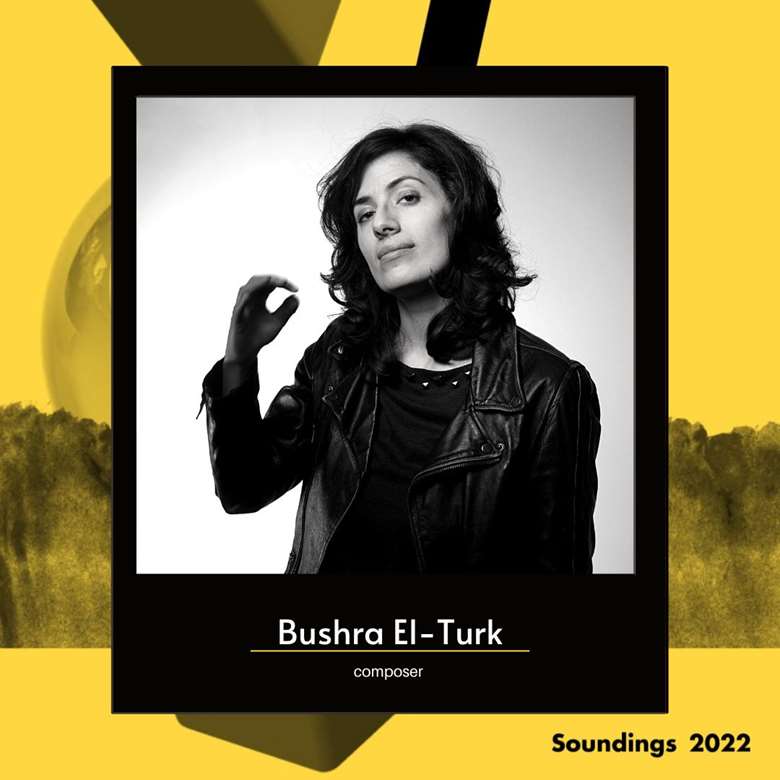Bushra El-Turk on cross-culture collaboration
Florence Lockheart
Monday, October 31, 2022
The composer talks about what we can expect from this year's edition of contemporary music platform Soundings, as well as giving an insight into her creative process


Register now to continue reading
Don’t miss out on our dedicated coverage of the classical music world. Register today to enjoy the following benefits:
- Unlimited access to news pages
- Free weekly email newsletter
- Free access to two subscriber-only articles per month